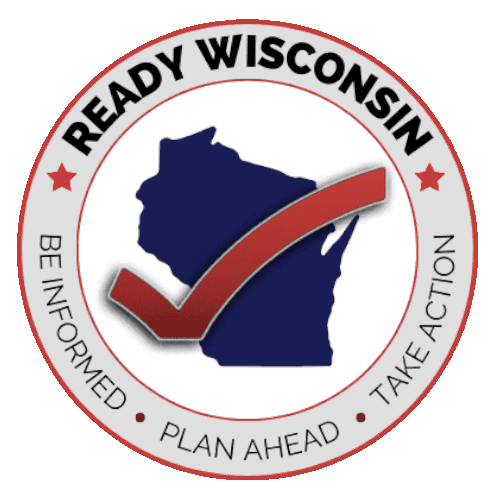Disabilities can impact a person in a variety of ways, both visible and invisible. For people with disabilities and their families, it is important to consider individual circumstances and needs to effectively prepare for emergencies and disasters.
BEFORE AN EMERGENCY
If you or someone close to you has a disability or a functional need, you may have to take additional steps to protect yourself and your family in an emergency. Think about what you can do and what you may need before, during, and after an emergency based on your surroundings, capabilities, and limitations.
Here are additional resources including emergency plans and preparedness tips:
- Create a support network to help in an emergency. Keep a contact list in a watertight container in your emergency kit or on your electronic devices.
- Tell these people where you keep your emergency kit. You may want to consider giving a trusted person a key to your home.
- Contact your city or county government’s emergency information management office. Many local offices keep lists of people with disabilities so they can be located quickly in a sudden emergency.
- Wear medical alert tags or bracelets to help identify your disability.
- Plan ahead for accessible transportation you may need for evacuation or getting around during or after a disaster.
- If you are dependent on dialysis or other life sustaining treatment, know the location and availability of more than one facility.
- Show others how to operate your wheelchair. Know the size and weight of your wheelchair, in addition to whether or not it is collapsible, in case it must be transported.
- If you use medical equipment that requires electricity, talk to your doctor or health care provider about what you can do to keep it running during a power outage. You can also ask your power provider to put you on a list for priority power restoration.
- Organize and protect your prescriptions, over-the-counter drugs, and vitamins to prepare for an emergency.
- If you have a communication disability, consider carrying printed cards or storing information on your devices to inform others how to communicate with you.
- Plan for children and adults who may have difficulty in unfamiliar or chaotic environments.
- Consider your service or support animal or pets and plan for food, water and supplies. If you need to evacuate, you’ll need to know whether your emergency shelter allows pets or not, since some shelters only allow service or support animals.
Once your plan is in place, the next step is to create an Emergency Kit. Visit our Emergency Kit resource page for detailed guidance on the supplies and essentials you should include to be fully prepared.

